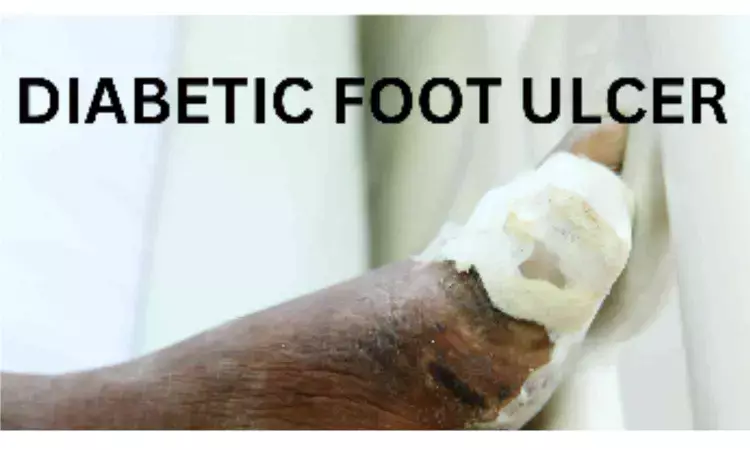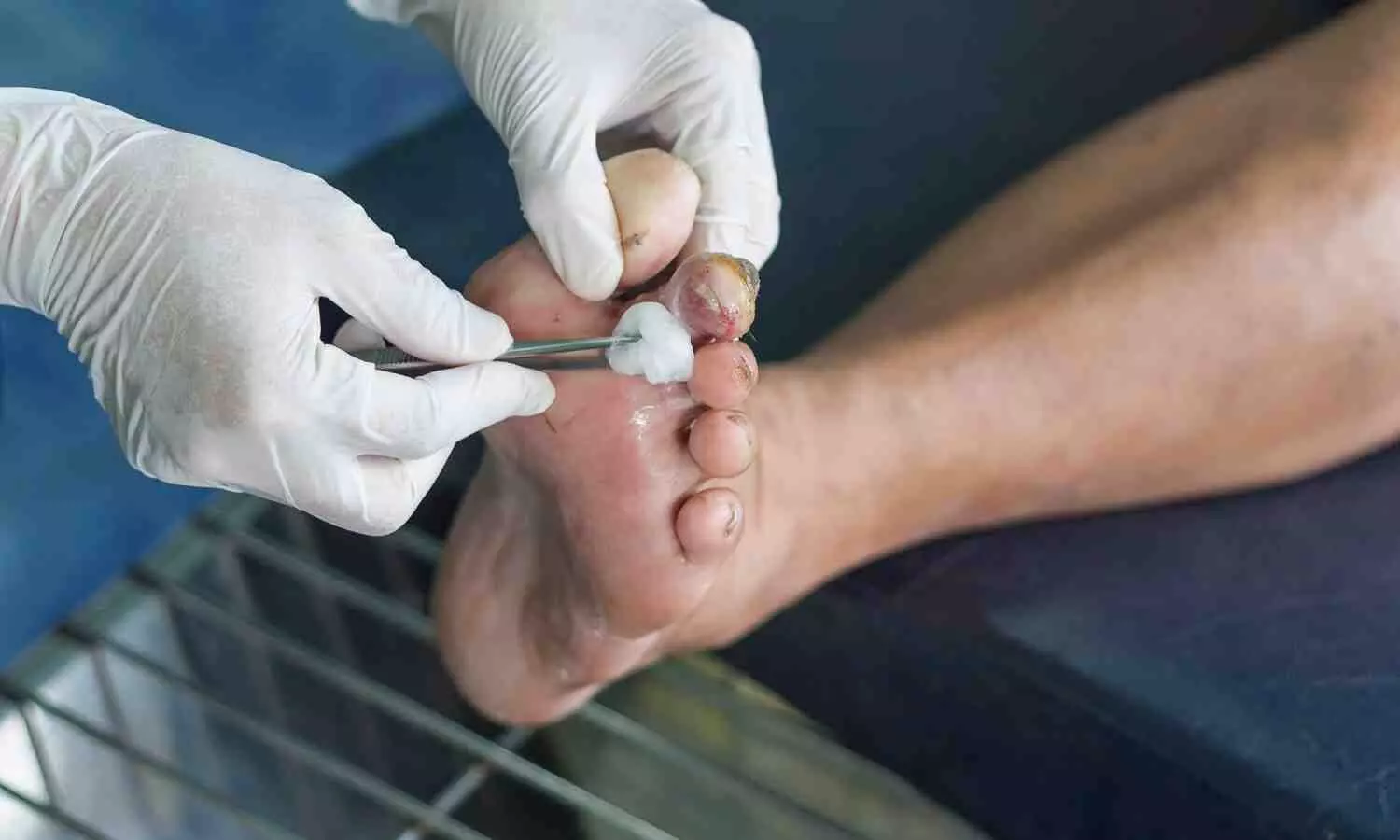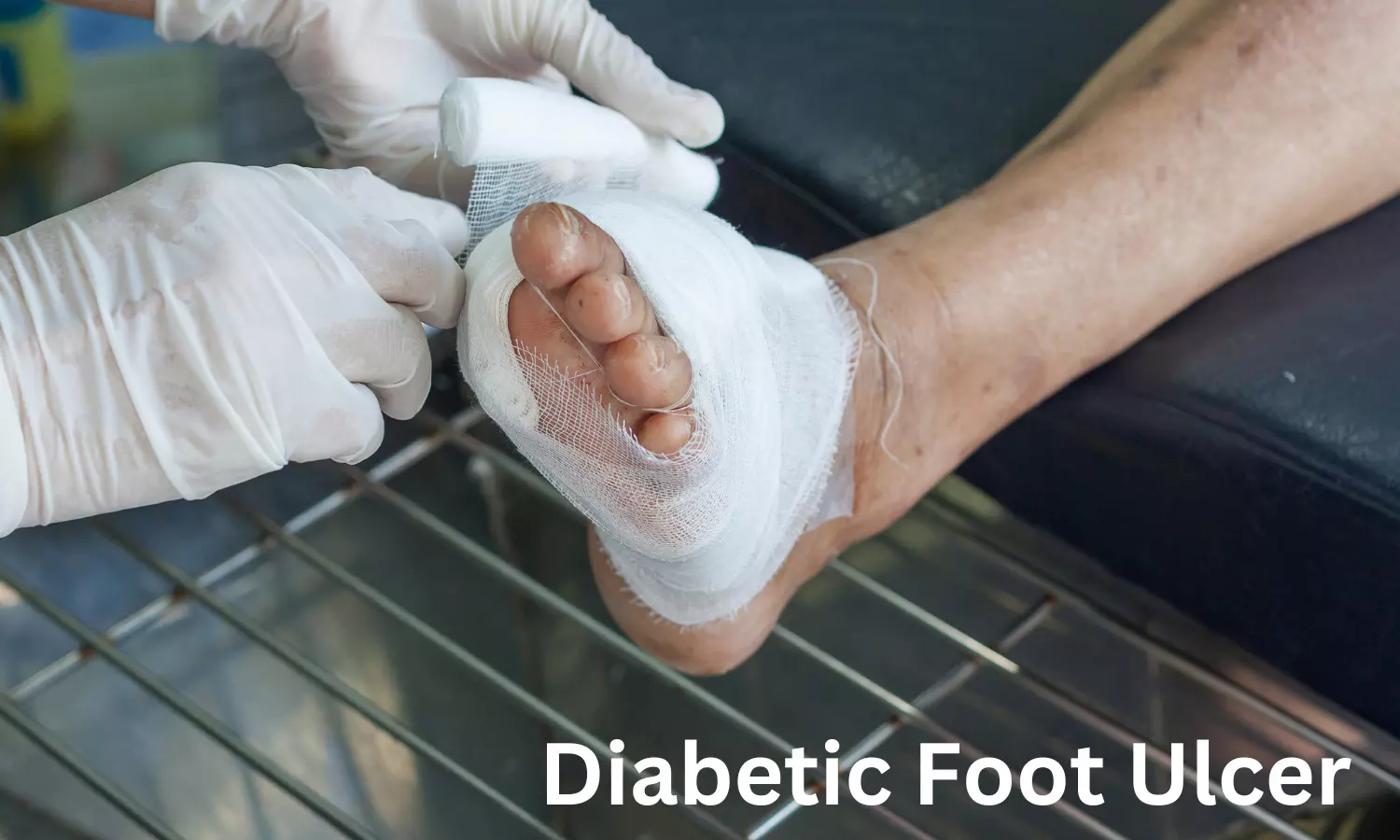- Home
- Medical news & Guidelines
- Anesthesiology
- Cardiology and CTVS
- Critical Care
- Dentistry
- Dermatology
- Diabetes and Endocrinology
- ENT
- Gastroenterology
- Medicine
- Nephrology
- Neurology
- Obstretics-Gynaecology
- Oncology
- Ophthalmology
- Orthopaedics
- Pediatrics-Neonatology
- Psychiatry
- Pulmonology
- Radiology
- Surgery
- Urology
- Laboratory Medicine
- Diet
- Nursing
- Paramedical
- Physiotherapy
- Health news
- Fact Check
- Bone Health Fact Check
- Brain Health Fact Check
- Cancer Related Fact Check
- Child Care Fact Check
- Dental and oral health fact check
- Diabetes and metabolic health fact check
- Diet and Nutrition Fact Check
- Eye and ENT Care Fact Check
- Fitness fact check
- Gut health fact check
- Heart health fact check
- Kidney health fact check
- Medical education fact check
- Men's health fact check
- Respiratory fact check
- Skin and hair care fact check
- Vaccine and Immunization fact check
- Women's health fact check
- AYUSH
- State News
- Andaman and Nicobar Islands
- Andhra Pradesh
- Arunachal Pradesh
- Assam
- Bihar
- Chandigarh
- Chattisgarh
- Dadra and Nagar Haveli
- Daman and Diu
- Delhi
- Goa
- Gujarat
- Haryana
- Himachal Pradesh
- Jammu & Kashmir
- Jharkhand
- Karnataka
- Kerala
- Ladakh
- Lakshadweep
- Madhya Pradesh
- Maharashtra
- Manipur
- Meghalaya
- Mizoram
- Nagaland
- Odisha
- Puducherry
- Punjab
- Rajasthan
- Sikkim
- Tamil Nadu
- Telangana
- Tripura
- Uttar Pradesh
- Uttrakhand
- West Bengal
- Medical Education
- Industry
Extracorporeal shock wave therapy safe and efficacious for Diabetic Foot Ulcers, reveals research

A new groundbreaking study revealed that extracorporeal shockwave therapy (ESWT) is safe, efficacious, and has shown favorable outcomes for the treatment of diabetic foot ulcers (DFU) as per a systematic review and meta-analysis published in the journal Diabetes Research and Clinical Practice.
Diabetes is a global pandemic affecting individuals of all age groups. DFU is one of the most prevalent and serious consequences of DM which does not heal quickly, leading to prolonged hospitalization, reduced quality of life, amputation, and worsened consequences. Glycemic control, infection management, appropriate orthotic shoe wear, offloading devices, debridement, and alternative therapies like hyperbaric oxygen therapy are some of the management practices for DFU. However, they are not effective due to poor healing and high recurrence rates.
Extracorporeal Shockwave therapy (ESWT) is a non-invasive method to re-initiate chronic wounds by activating the body’s healing pathways to promote healing in a variety of wound healing applications. It works on the principle of simultaneously reducing the wound bed inflammation and surrounding tissue inflammation by increasing angiogenesis and enhancing the production of growth factors. Hence, researchers conducted a meta-analysis to evaluate the efficacy and safety of ESWT for the treatment of DFU patients. A systematic search was conducted using databases like PubMed, EMBASE, Cochrane Controlled Register of Trials (CENTAL), and Web of Science for retrieving randomized controlled trials (RCTs) evaluating the efficacy and safety of ESWT.
The search strategy consisted of combining various medical subject heading terms by two authors. Eligible studies included adult patients who received ESWT alone or in combination with the standard of care. Completely healed ulcers are defined as the complete closure of the ulcer at the time of ulcer healing assessment and were considered the primary outcome of the measurement. STATA 14.0 software was used for conducting a meta-analysis to evaluate the efficacy and safety of ESWT
Findings:
- About ten RCTs with moderate methodological quality were included for data analysis.
- A significant association was seen between ESWT and completely healed ulcers (risk ratio [RR]: 1.57) and a lower rate of unchanged ulcers (RR: 0.25) compared to controls.
- Subgroup analysis further revealed that ESWT had a better prognosis than both hyperbaric oxygen therapy (HOT) and the standard of care (SOC).
- The average transcutaneous partial oxygen pressure (TcPO2) was significantly improved with ESWT.
- However, no significant difference was found in the rate of ≥ 50 % improved ulcers and treatment-emergent adverse events (TEAEs) between the ESWT and controls .
Thus, the study concluded that ESWT is safe and, efficacious with statistically significant improvements in the DFU. Further studies have to be done on a large scale to confirm the best approach for DFU.
Further reading: Wu F, Qi Z, Pan B, Tao R. Extracorporeal shock wave therapy (ESWT) favors healing of diabetic foot ulcers: A systematic review and meta-analysis. Diabetes Res Clin Pract. Published online September 3, 2024. doi:10.1016/j.diabres.2024.111843
BDS, MDS
Dr.Niharika Harsha B (BDS,MDS) completed her BDS from Govt Dental College, Hyderabad and MDS from Dr.NTR University of health sciences(Now Kaloji Rao University). She has 4 years of private dental practice and worked for 2 years as Consultant Oral Radiologist at a Dental Imaging Centre in Hyderabad. She worked as Research Assistant and scientific writer in the development of Oral Anti cancer screening device with her seniors. She has a deep intriguing wish in writing highly engaging, captivating and informative medical content for a wider audience. She can be contacted at editorial@medicaldialogues.in.
Dr Kamal Kant Kohli-MBBS, DTCD- a chest specialist with more than 30 years of practice and a flair for writing clinical articles, Dr Kamal Kant Kohli joined Medical Dialogues as a Chief Editor of Medical News. Besides writing articles, as an editor, he proofreads and verifies all the medical content published on Medical Dialogues including those coming from journals, studies,medical conferences,guidelines etc. Email: drkohli@medicaldialogues.in. Contact no. 011-43720751




